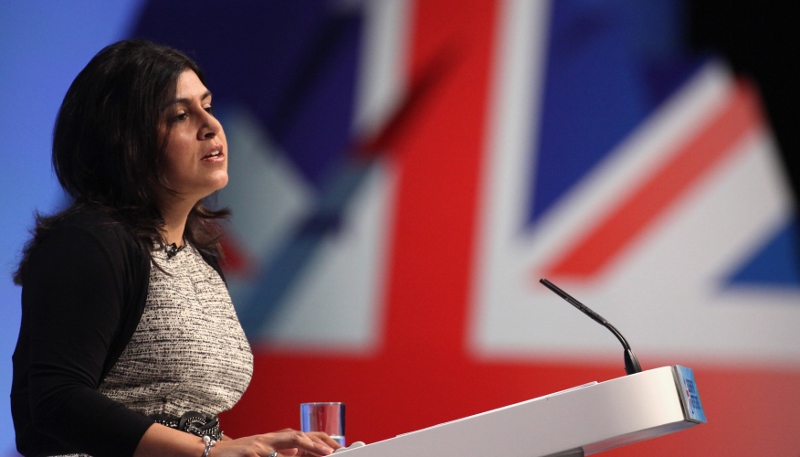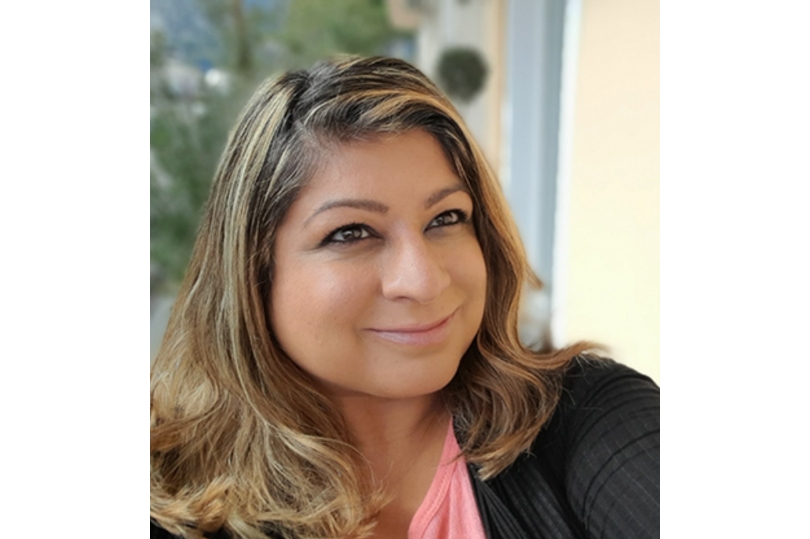Every November, Islamophobia Awareness Month (IAM) focuses on raising awareness and promoting understanding of the discrimination and challenges faced by Muslim communities.
Founded by advocacy organisations and supported by educational institutions, local councils, and community groups, IAM aims to counter stereotypes, dispel misinformation, and foster more inclusive, united communities.
This year, Baroness Sayeeda Warsi (pictured above) will serve as the keynote speaker at the Professional Muslim Institute (PMI) networking dinner on Thursday, 28th of November, at Aagrah Midpoint in Bradford.
Dr. Javed Bashir, founder of PMI said: “Baroness Warsi will discuss her powerful new book, ‘Muslims Don’t Matter’. As Britain’s first Muslim Cabinet minister, Baroness Warsi brings a bold and unique perspective on Islamophobia in modern Britain.
Through personal reflections and political insights, she critiques the rising anti-Muslim sentiment and urges a unified response to this growing prejudice.”
In ‘Muslims Don’t Matter’, Baroness Warsi highlights the tragic rise in anti-Muslim racism, including the recent murders of three Muslim grandfathers – each targeted solely for their faith.
She examines the far-right violence, the summer riots of 2024, and the surge of public hostility toward Muslims during the Gaza conflict, illustrating how Islamophobia has become normalised across media, politics, and entertainment.
Dr. Bashir adds: “Warsi describes Islamophobia as Britain’s ‘blind spot’ and one of the last acceptable forms of bigotry, perpetuated by divisive narratives from commentators, think tanks, and other influential voices.”
Reflecting on these alarming trends, Warsi poses a critical question for British Muslims: “Should we still call Britain home?” Dr. Bashir shares that she will explore the impacts of this prejudice and emphasise the urgent need for unity, understanding, and collective action against the rising tide of hate.
He added: “This event promises a crucial conversation about British Muslim identity, resilience, and the shared fight for a more inclusive and just society.
Attendees will gain insights from one of the leading voices against Islamophobia and connect with other professionals committed to fostering unity and inclusivity.”
Dr. Bashir further notes that “Islamophobia”, or prejudice against Islam and Muslims, is rooted in historical, social, and political factors that have shaped public perceptions.
“Often, it manifests as misconceptions that link Islam unfairly to extremism or violence, despite the overwhelming majority of Muslims practicing their faith peacefully.
“Islamophobia affects nearly every aspect of life for Muslims, from employment and education to safety and freedom of expression.
Dr. Bashir explained: “Media portrayals significantly contribute to these stereotypes. Many individuals form their understanding of Islam through television and print media, which often emphasise sensationalise stories that portray Islam negatively.
Islamophobia Awareness Month seeks to address these issues by promoting narratives that accurately represent Muslim communities and their valuable contributions to society.”




